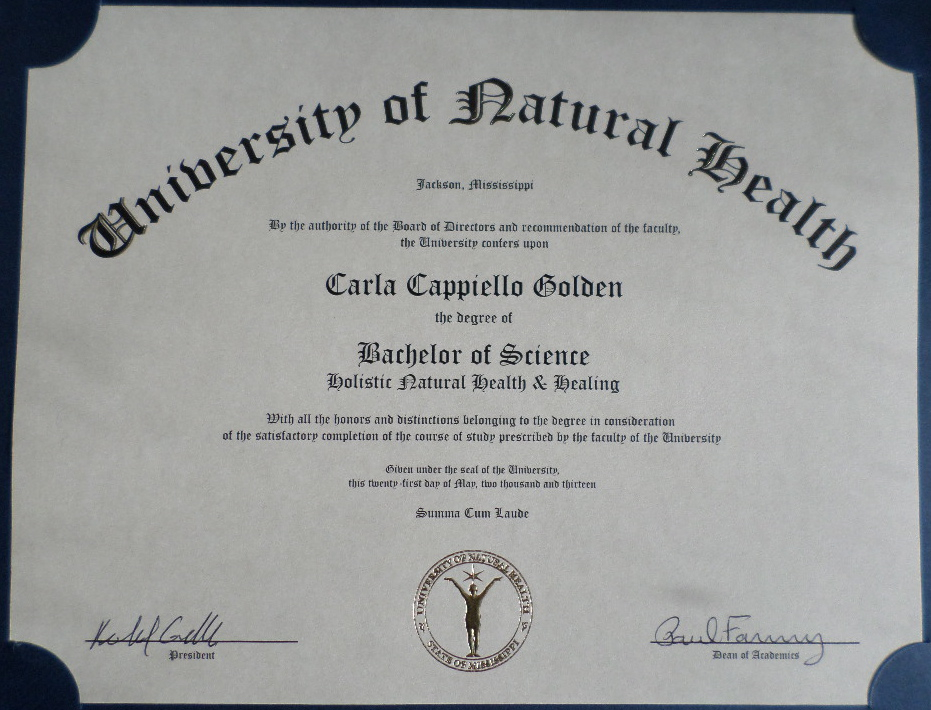
Degree Overview

A bachelor’s degree in health science is a comprehensive program that provides a solid foundation in the biological, physical, and social sciences relevant to health and healthcare.
The curriculum typically includes coursework in anatomy, physiology, nutrition, epidemiology, and public health, as well as courses in social sciences, such as psychology and sociology. Students also gain practical experience through internships or research projects.
History and Evolution
The field of health science has its roots in the early 20th century, when the Flexner Report (1910) led to the standardization of medical education in the United States. This report emphasized the importance of a strong scientific foundation for medical practice, and the subsequent development of health science programs was influenced by this focus on scientific inquiry.
Types of Health Science Degrees
There are several types of bachelor’s degrees in health science available, including:
- Bachelor of Science in Health Science (BSHS)
- Bachelor of Arts in Health Science (BAHS)
- Bachelor of Science in Public Health (BSPH)
Curriculum and Coursework
The curriculum for a bachelor’s degree in health science provides a solid foundation in the biological, physical, and social sciences that underpin health and healthcare. It also includes specialized coursework in public health, health promotion, and disease prevention.
Core curriculum requirements typically include courses in anatomy, physiology, microbiology, chemistry, statistics, and epidemiology. Students also take courses in health policy, healthcare systems, and research methods.
Specialized Courses and Concentrations
Many health science programs offer specialized courses and concentrations that allow students to tailor their studies to their interests and career goals. Some common concentrations include:
- Public Health
- Health Promotion
- Disease Prevention
- Environmental Health
- Health Policy
- Healthcare Management
Practical and Experiential Learning
Health science programs often include practical and experiential learning components that provide students with hands-on experience in the field. These components may include internships, practicums, and research projects. Through these experiences, students can apply their knowledge and skills to real-world health problems and gain valuable experience for their future careers.
Career Paths and Opportunities
Graduates with a bachelor’s degree in health science have a wide range of career paths open to them. They can work in a variety of settings, including hospitals, clinics, public health agencies, and research institutions.
Some common job titles for health science graduates include:
- Health Educator
- Public Health Analyst
- Epidemiologist
- Medical Writer
- Clinical Research Coordinator
- Health Information Manager
li>Health Policy Analyst
Health science graduates can also find employment in the pharmaceutical industry, the insurance industry, and the health care consulting industry.
Earning Potential and Job Outlook
The earning potential for health science graduates varies depending on their experience, education, and job title. According to the U.S. Bureau of Labor Statistics, the median annual salary for health educators was $49,840 in May 2021. The median annual salary for public health analysts was $64,670 in May 2021.
The job outlook for health science graduates is expected to be good over the next decade. The U.S. Bureau of Labor Statistics projects that the employment of health educators will grow by 11% from 2021 to 2031, faster than the average for all occupations. The employment of public health analysts is projected to grow by 9% from 2021 to 2031, about as fast as the average for all occupations.
Program Accreditation and Certification
In the realm of health science, program accreditation and certification hold paramount importance, signifying the adherence to stringent standards and the delivery of high-quality education. These credentials attest to the rigor of the curriculum, the expertise of the faculty, and the overall preparedness of graduates for professional practice.
Various accrediting bodies, such as the Commission on Accreditation of Allied Health Education Programs (CAAHEP) and the National Commission for Certifying Agencies (NCCA), establish rigorous standards for health science programs. These standards encompass aspects such as curriculum design, faculty qualifications, student assessment, and institutional resources. Accreditation ensures that programs meet these benchmarks, providing students with confidence in the quality of their education.
Benefits of Certification
- Enhanced professional credibility and recognition
- Increased job opportunities and earning potential
- Demonstration of specialized knowledge and skills
- Compliance with industry standards and regulations
Admission Requirements and Application Process
To pursue a bachelor’s degree in health science, prospective students must meet certain admission requirements and follow the application process. These requirements vary across institutions, but generally include academic performance, standardized test scores, and personal statements.
Application Process
The application process typically involves submitting an online or paper application, providing official transcripts, and paying an application fee. Some programs may also require letters of recommendation or a personal interview. Deadlines for applications vary, so it’s crucial to check with the specific institution for their application timelines.
Online and Distance Learning Options
For individuals seeking flexibility and accessibility, online and distance learning options offer a convenient alternative to traditional on-campus programs. These delivery methods enable students to complete their bachelor’s degree in health science from anywhere with an internet connection.
Advantages of Online and Distance Learning
* Flexibility: Online programs provide a flexible learning schedule, allowing students to study at their own pace and on their own time.
* Accessibility: Distance learning removes geographical barriers, making it accessible to students in remote areas or with busy schedules.
* Lower Costs: Online programs often have lower tuition and fees compared to traditional on-campus programs.
Disadvantages of Online and Distance Learning
* Lack of In-Person Interaction: Online programs lack the face-to-face interaction with professors and classmates, which can be important for building relationships and gaining hands-on experience.
* Self-Discipline Required: Online learning requires a high level of self-discipline and motivation, as students are responsible for managing their own time and coursework.
* Technical Issues: Online programs rely heavily on technology, which can sometimes lead to technical issues that may disrupt learning.
Reputable Online Programs
* University of Florida: The online Bachelor of Health Science program from the University of Florida provides a comprehensive curriculum covering various aspects of health sciences.
* Johns Hopkins University: The Master of Science in Health Science from Johns Hopkins University is offered online and provides advanced training in public health, epidemiology, and biostatistics.
* Oregon State University: The online Bachelor of Science in Health Management from Oregon State University prepares students for leadership roles in healthcare organizations.





